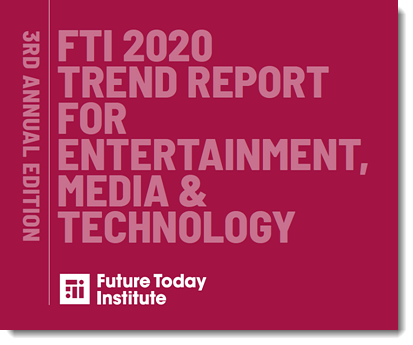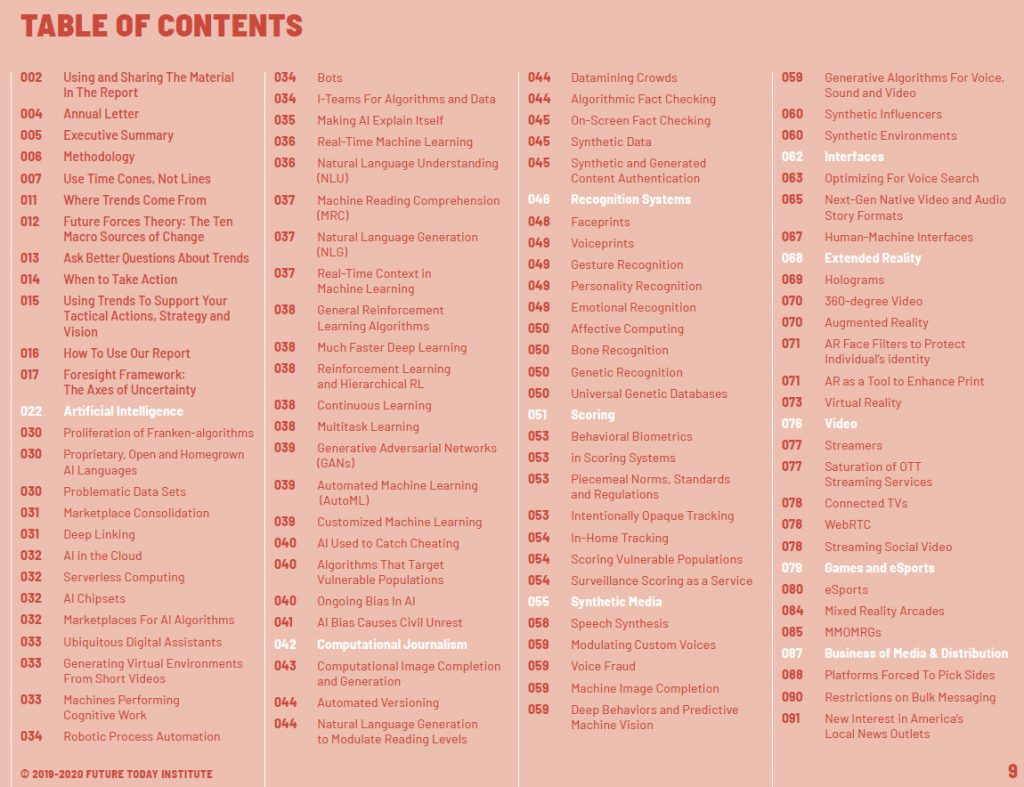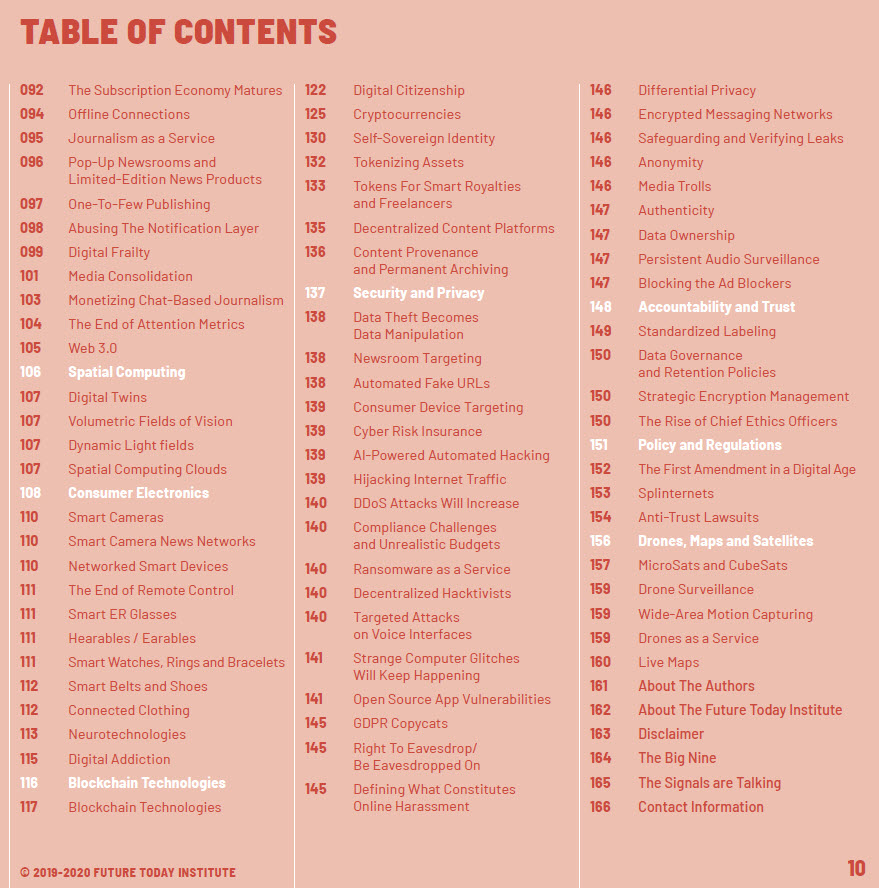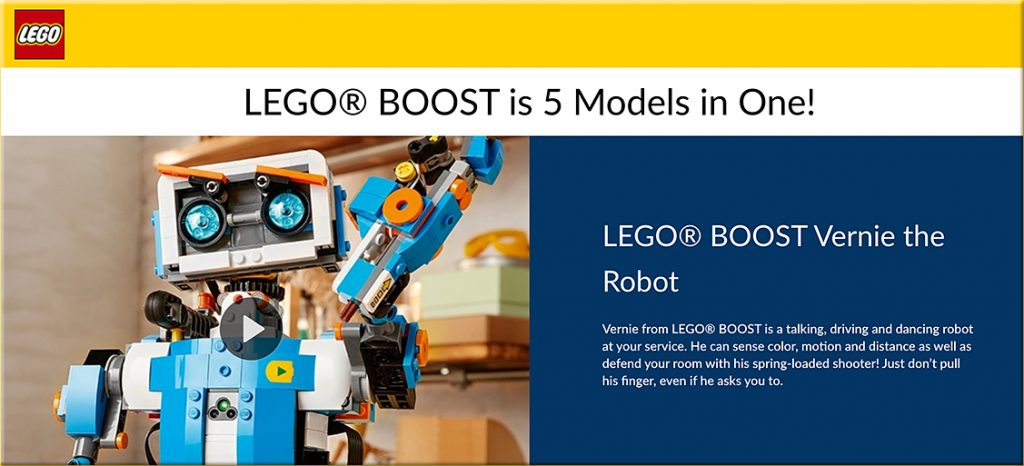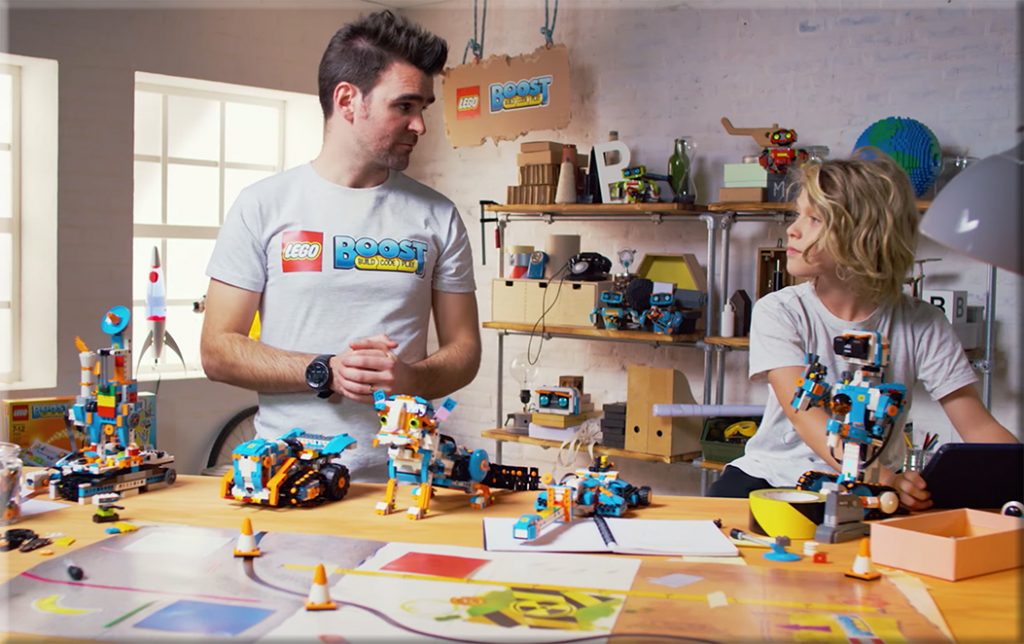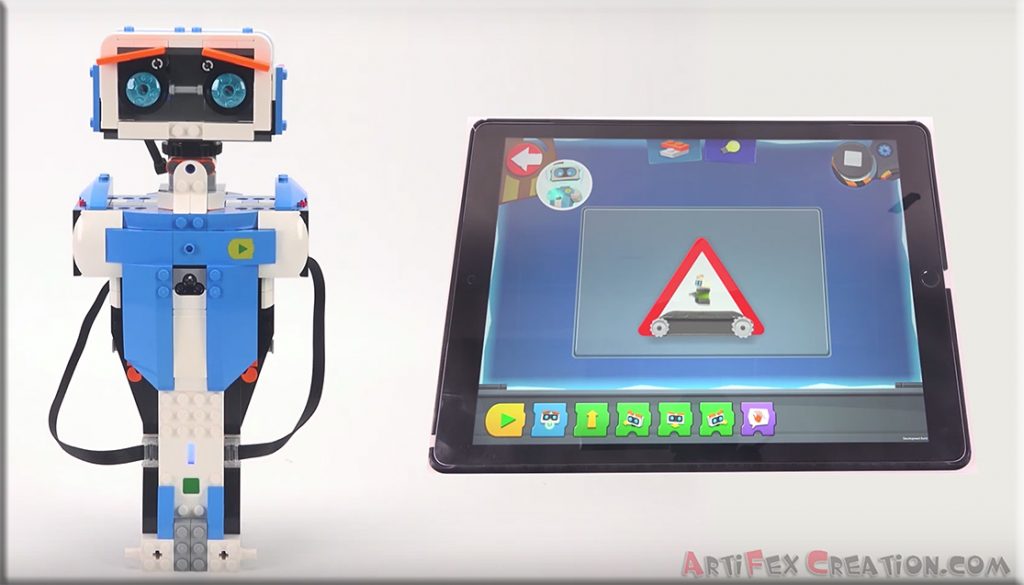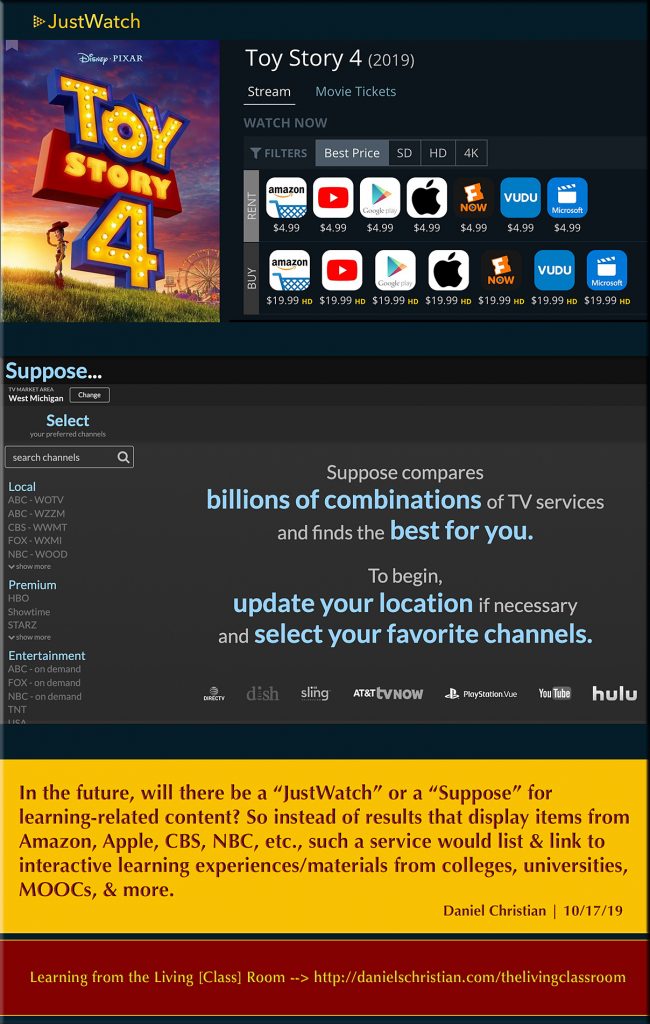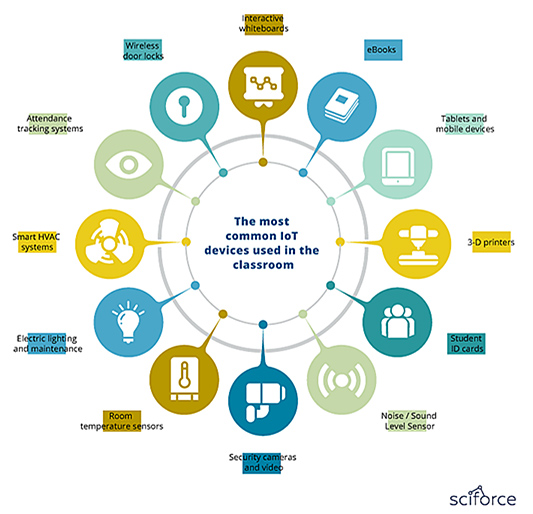Amazon’s new Fire TV Blaster works with Echo to control your TV, soundbar, cable box and more — from techcrunch.com by Sarah Perez
Excerpt:
Amazon already offers Alexa voice control to TV owners through its Fire TV devices, by way of a voice remote or by pairing an Echo device with a Fire TV, for hands-free voice commands. Now, it’s introducing a new device, the Fire TV Blaster, which extends that same hands-free voice control to your TV itself and other TV devices — like your soundbar, cable box, or A/V Receiver.
That means you’ll be able to say things like “Alexa, turn off the TV,” or “Alexa, switch to HDMI 1 on TV.” You can also control the volume and the playback.
And if you have other TV devices, you can control them hands-free as well, by saying things like “Alexa, turn up the soundbar volume,” or “Alexa tune to ESPN on cable.”
From DSC:
How might such Natural Language Processing (NLP) / voice recognition technologies impact future learning experiences and learning spaces? Will we enjoy more hands-free navigation around some cloud-based learning-related content? Will faculty members be able to use their voice to do the things that a Crestron Media Controller does today?
Parenthetically…when will we be able to speak to our routers (to shut off the kids’ internet connections/devices for example) and/or speak to our thermostats (to set the temperature(s) quickly for the remainder of the day)?










